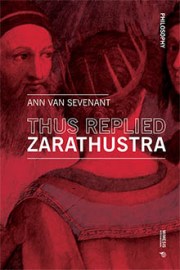Porter, James I. 2024. Foucault, Kant, and antiquity. Representations 165(1). 120–143.
Michel Foucault’s return to classical antiquity at the end of his career coincides with a turn away from institutional critique and a return to Kant. This is no coincidence. Foucault’s Introduction to Kant’s “Anthropology” (1961) completely anticipates his approach to ancient subject formations, which reflects Kant’s theory of the liberal, self-enterprising, and enlightened subject as this is outlined in Foucault’s “What Is Enlightenment?” (1984) and elsewhere. Foucault’s final studies surface isolated, private, and autonomous subjects who are at once premodern, proto-Christian, and uncannily modern. Fashioned by ascetic and aesthetic models of self-care, they testify to “a genealogy of the modern subject.”
This article is also available from the author’s academia page.




 de Blois, François. 2018.
de Blois, François. 2018. 
 Huby, Pamela, Sten Ebbesen, David Langslow, Donald Russell, Carlos Steel & Malcolm Wilson (eds.). 2016.
Huby, Pamela, Sten Ebbesen, David Langslow, Donald Russell, Carlos Steel & Malcolm Wilson (eds.). 2016.